The Ministry of Justice has just released documents for the meeting to review the draft proposal to develop the Law on Value Added Tax (VAT). The draft was drafted by the Ministry of Finance.
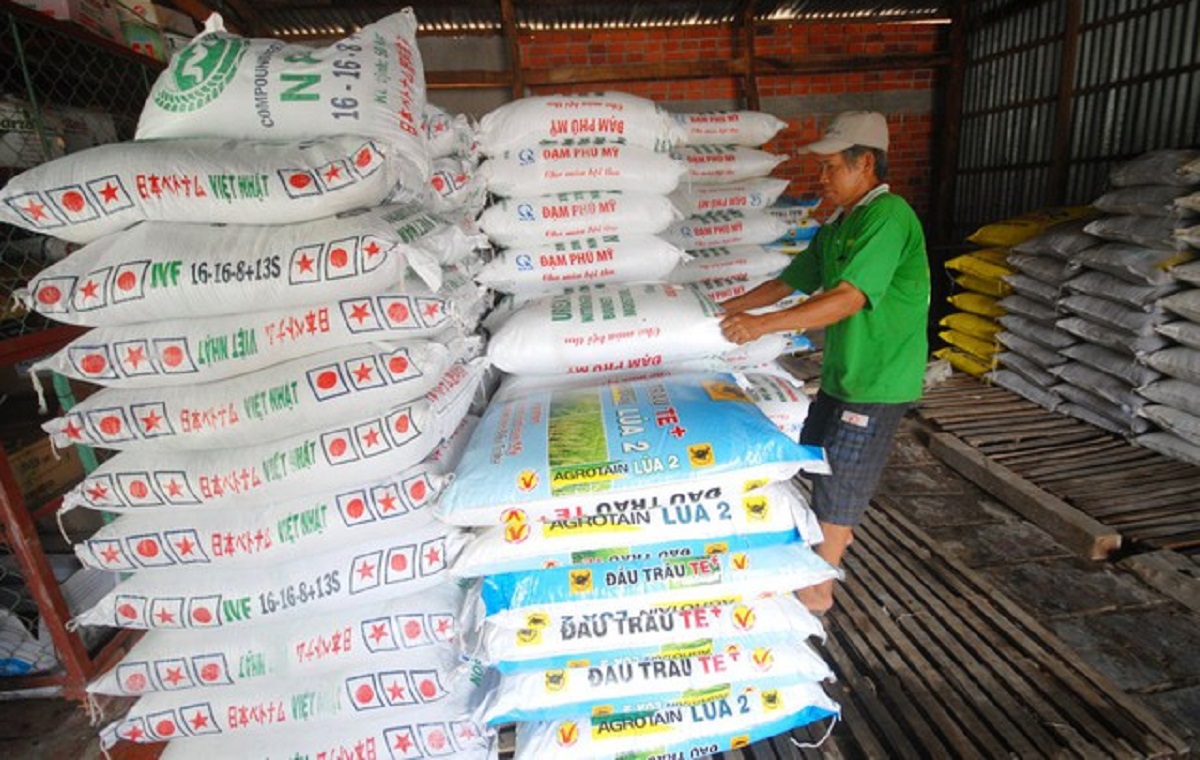
The Ministry of Finance proposes to impose VAT on fertilizer products at a tax rate of 5%.
Proposal to impose 5% VAT on fertilizers
A notable content proposed by the Ministry of Finance is to change fertilizer products from being non-VAT-taxable as per current regulations to being VAT-taxable, with a tax rate of 5%.
According to the drafting agency, some fertilizer production and trading enterprises (which are not subject to VAT) are facing difficulties because they are not allowed to declare and deduct input VAT on goods and services but must calculate it into product costs, causing prices to increase and profits to decrease.
This causes a disadvantage in competition with imported goods of the same type, discouraging businesses from investing, purchasing, repairing, and upgrading fixed assets to create high-quality products.
Based on the above situation, many opinions have proposed to change fertilizers to taxable items to be deductible for input VAT, thereby increasing the competitiveness of domestically produced goods. Government leaders have also issued many instructions to remove obstacles regarding VAT rates for fertilizers, in order to support and develop fertilizer businesses.
The Ministry of Finance assessed that with the proposal to apply a 5% VAT on fertilizers, the input VAT of fertilizer manufacturing enterprises will be deducted by about 950 billion VND; the remaining input VAT (about 250 billion VND) will be deducted in the next period or refunded.
This is an opportunity for domestically produced fertilizers to have more competitive conditions with imported fertilizers, by having more opportunities to lower costs and improve product quality.
This also contributes to the development of the domestic fertilizer production industry, creating a stable supply for farmers, gradually reducing dependence on imported sources, overcoming unstable prices, as well as price fluctuations of imported fertilizers.
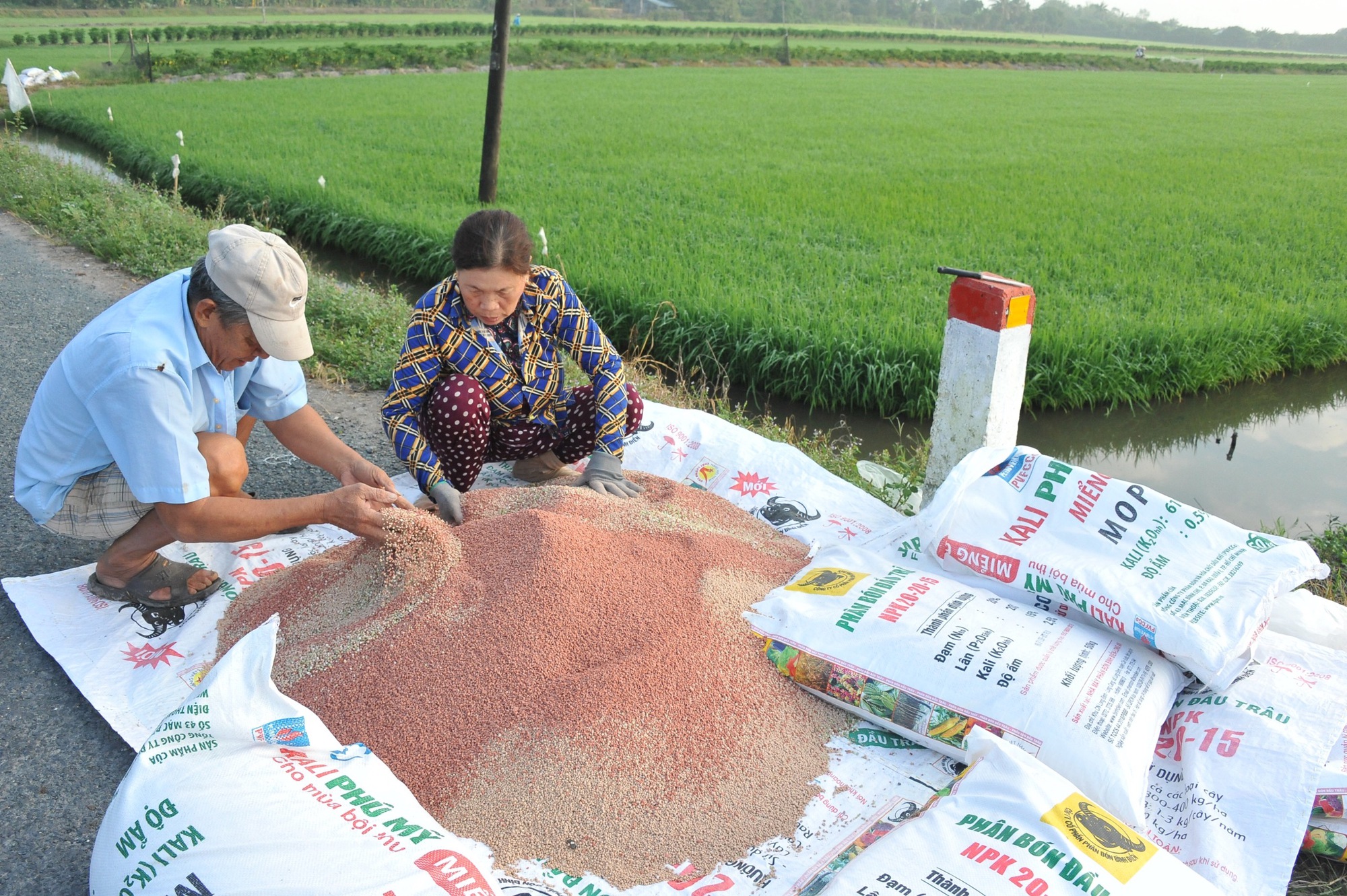
Some agencies expressed concern that applying VAT on fertilizers, although beneficial to manufacturing enterprises, will cause difficulties for farmers.
Businesses benefit but farmers face difficulties?
Commenting on the draft, in addition to the agencies that agreed, some agencies expressed concern that applying VAT on fertilizers, although beneficial to manufacturing enterprises, could increase the price of this product, causing difficulties for farmers - the target users of the product.
Typically, Can Tho City proposed to maintain the current regulation on fertilizer not being subject to VAT. Accordingly, if fertilizer is included in the VAT taxable goods, it will immediately solve difficulties for fertilizer production and trading enterprises.
On the contrary, those who directly work in agriculture and live on income from agricultural production will face difficulties, because when fertilizers are subject to VAT, the cost of fertilizers will increase, increasing costs, increasing prices, reducing profits in agricultural production, affecting the lives of farmers.
The Ministry of Finance believes that putting fertilizers in the VAT tax group will help reduce the cost of fertilizers because manufacturing enterprises can deduct input VAT. But according to Can Tho City, "that is in theory, in reality, there are few items that can change from non-VAT taxable to VAT taxable (tax rate of 5%) without increasing the selling price on the market".
Also giving their opinion, the Ministry of Agriculture and Rural Development stated that to reduce pressure on farmers in the context of the epidemic, high fertilizer prices, and low agricultural and aquatic product prices as in the past, the Ministry of Finance needs to carefully assess the impact on farmers and consider appropriate VAT rates.
Similarly, Ho Chi Minh City basically agrees with the proposal of the Ministry of Finance, but believes that fertilizer is an input for agricultural production activities, so when this item is subject to VAT, it will more or less affect the consumption price of agricultural products (the output is not subject to VAT, so it cannot be deducted). Therefore, the Ministry of Finance needs to consider this content.
In response to the above contributions, the Ministry of Finance said it will coordinate with specialized ministries to carefully evaluate them during the phase of drafting the VAT Law (amended).
According to the draft, the Ministry of Finance proposes to transfer offshore fishing vessels and some types of specialized machinery and equipment serving agricultural production to the VAT taxable subjects, with a tax rate of 5%.
At the same time, specify the names of a number of specialized agricultural machinery and equipment subject to 5% VAT and assign the Government to specify the list including: plows, harrows, transplanters, seeders, threshers, harvesters, combine harvesters, agricultural product harvesters, pesticide pumps or tanks and other specialized machinery and equipment serving agricultural production.
Machinery and equipment that can be used for many different purposes will be subject to a 10% VAT rate.
Source link


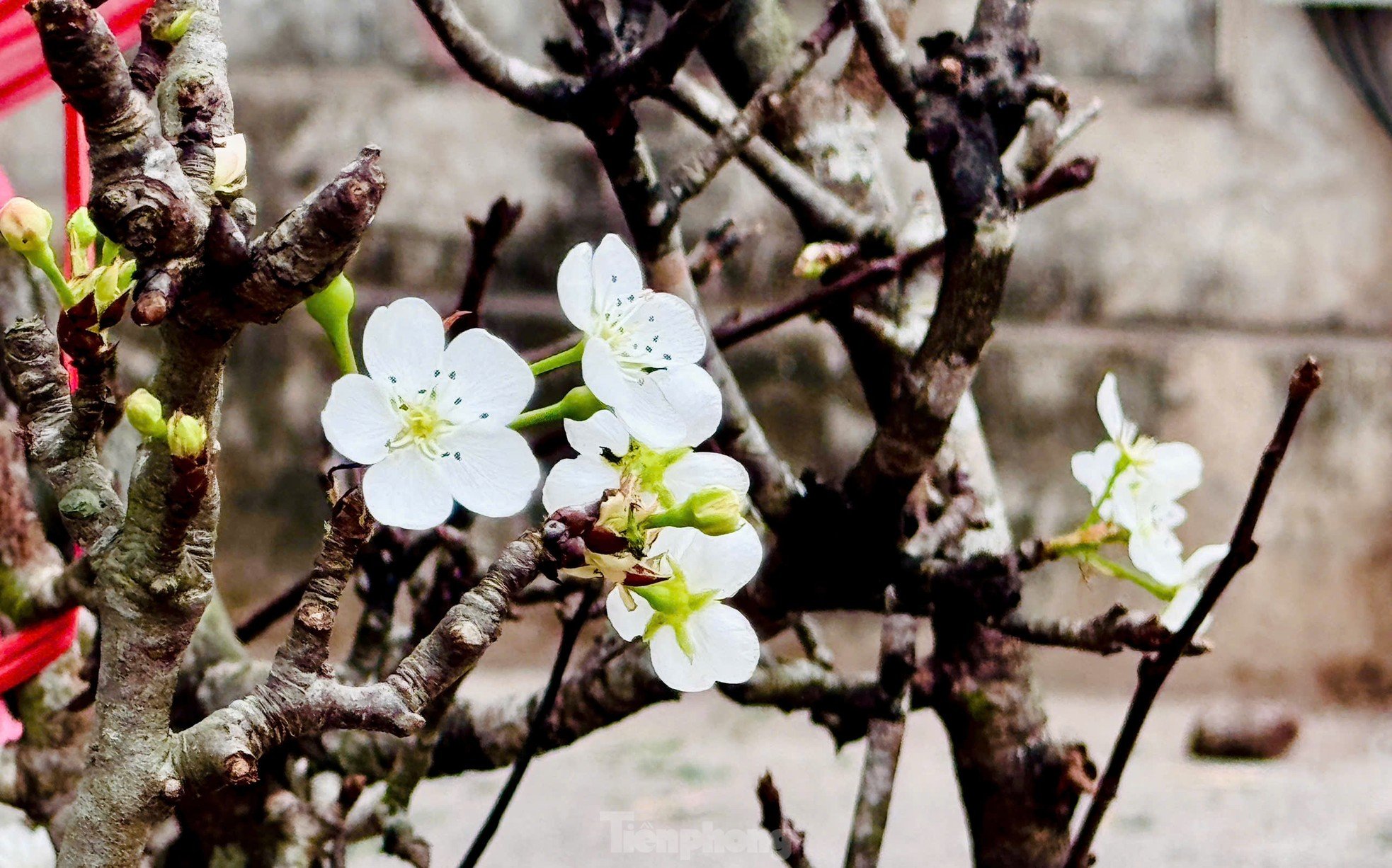



























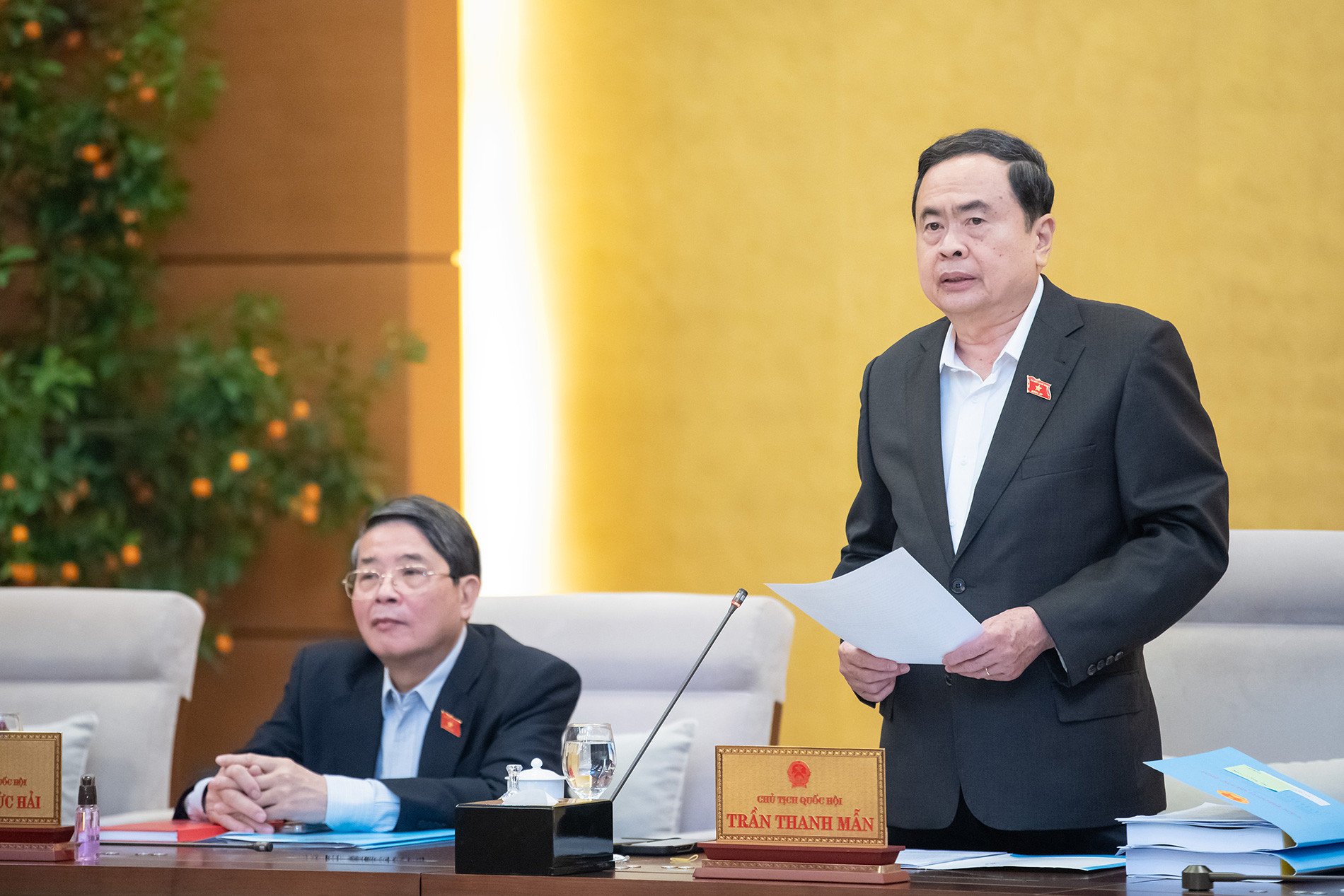

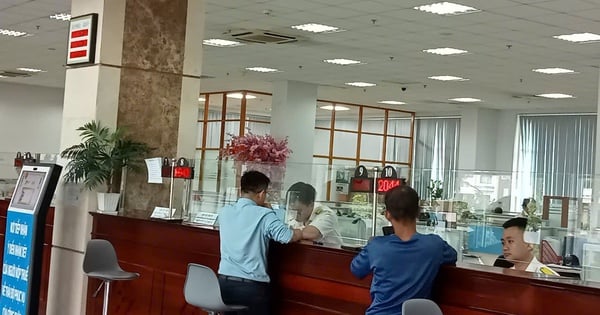

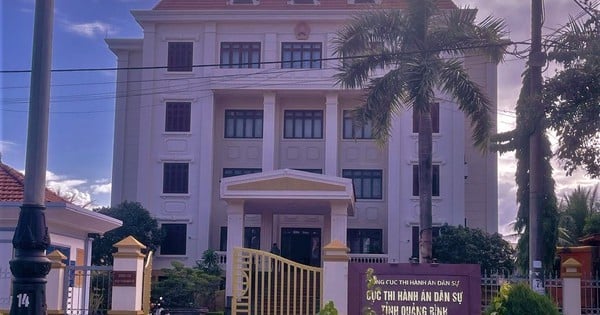
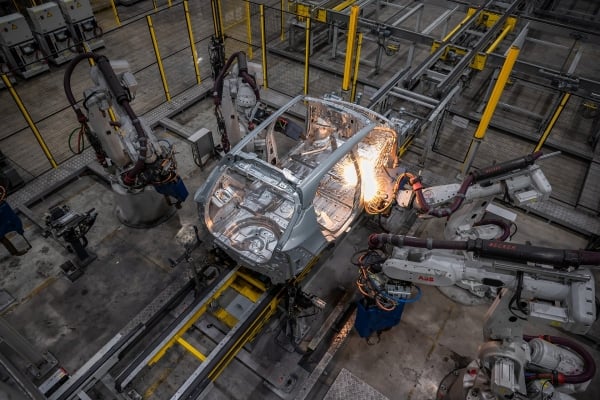

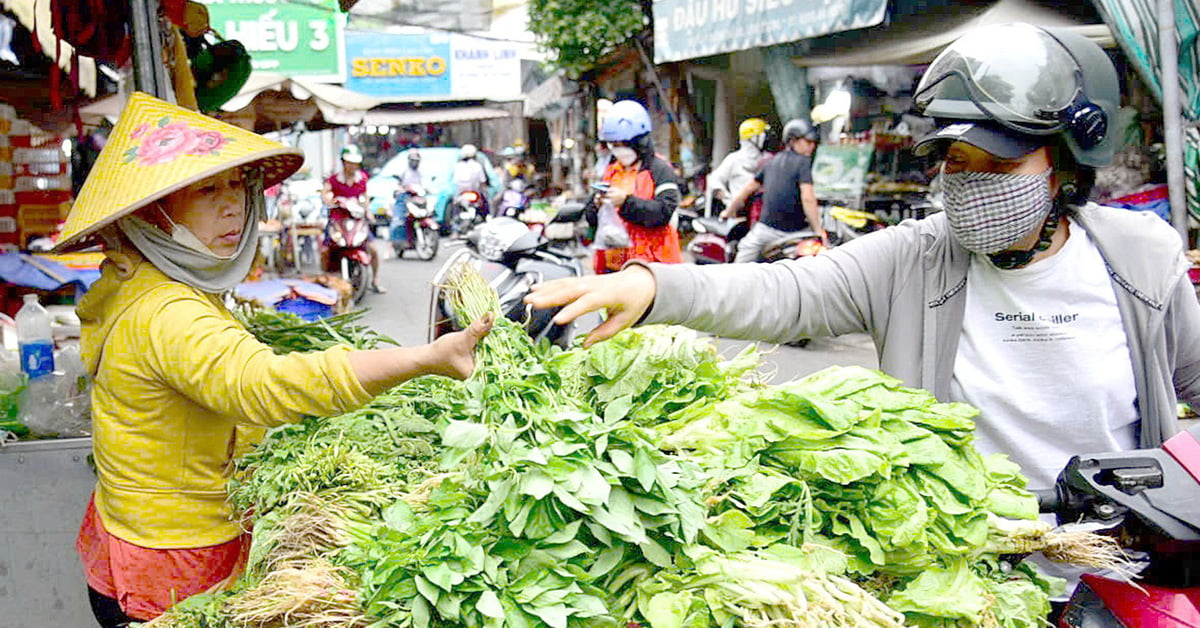


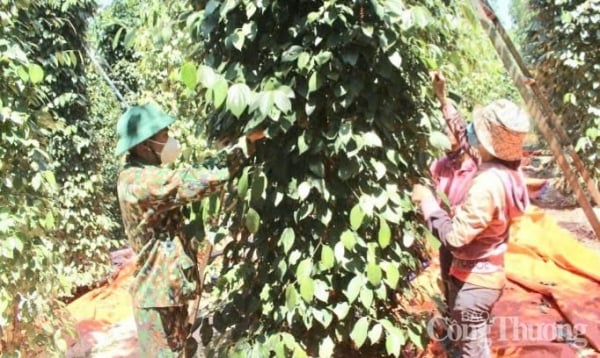
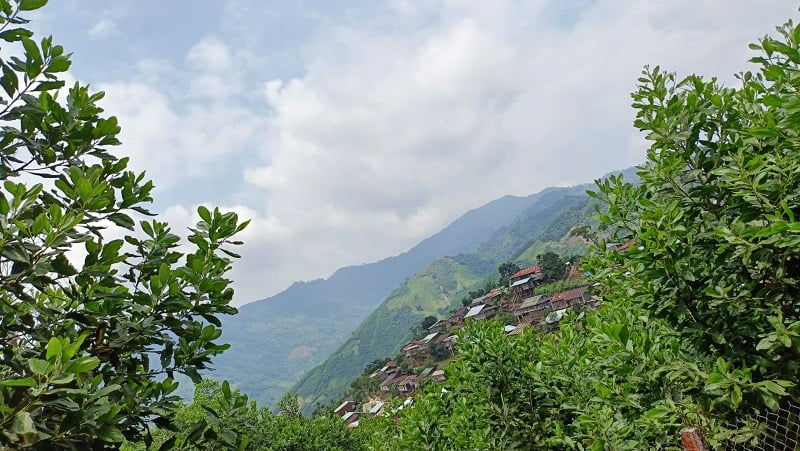

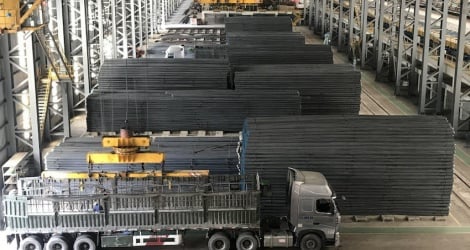
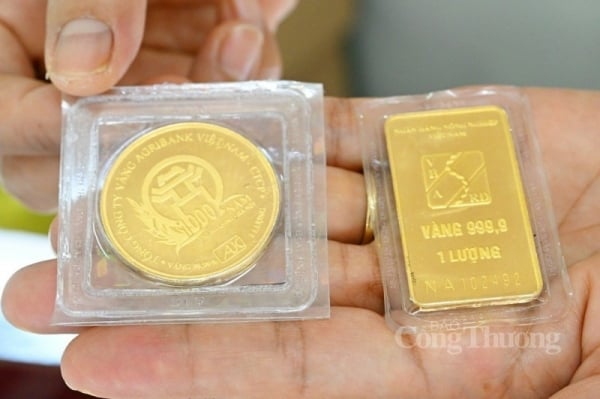

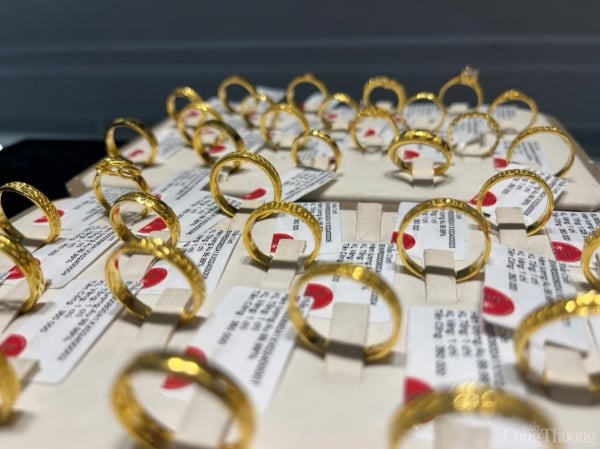
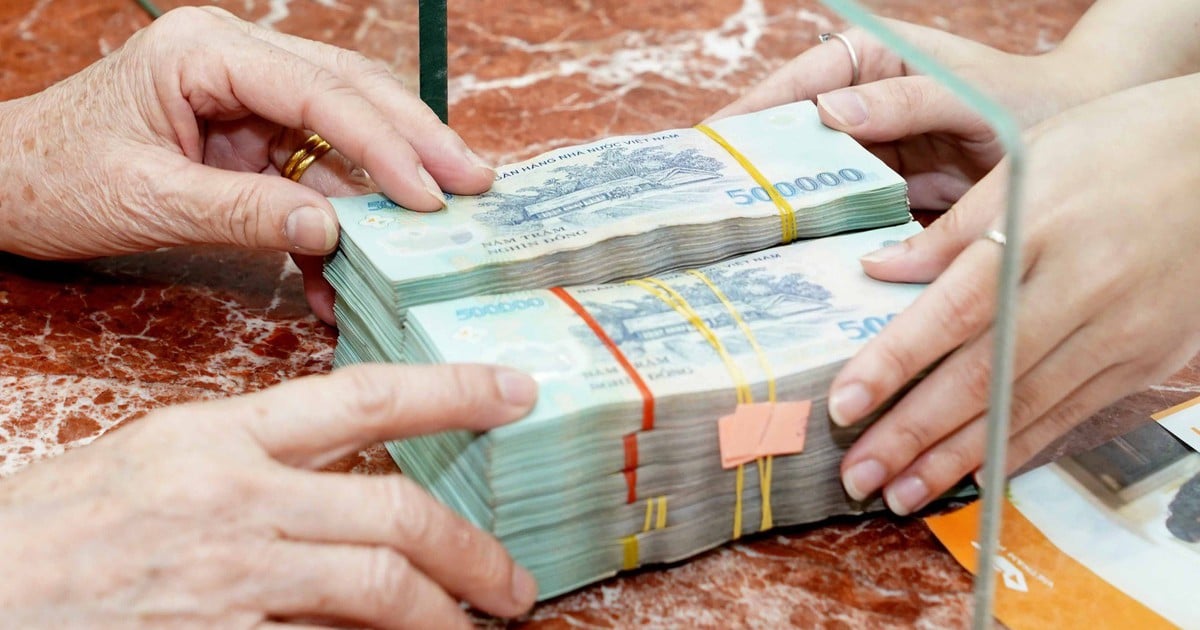

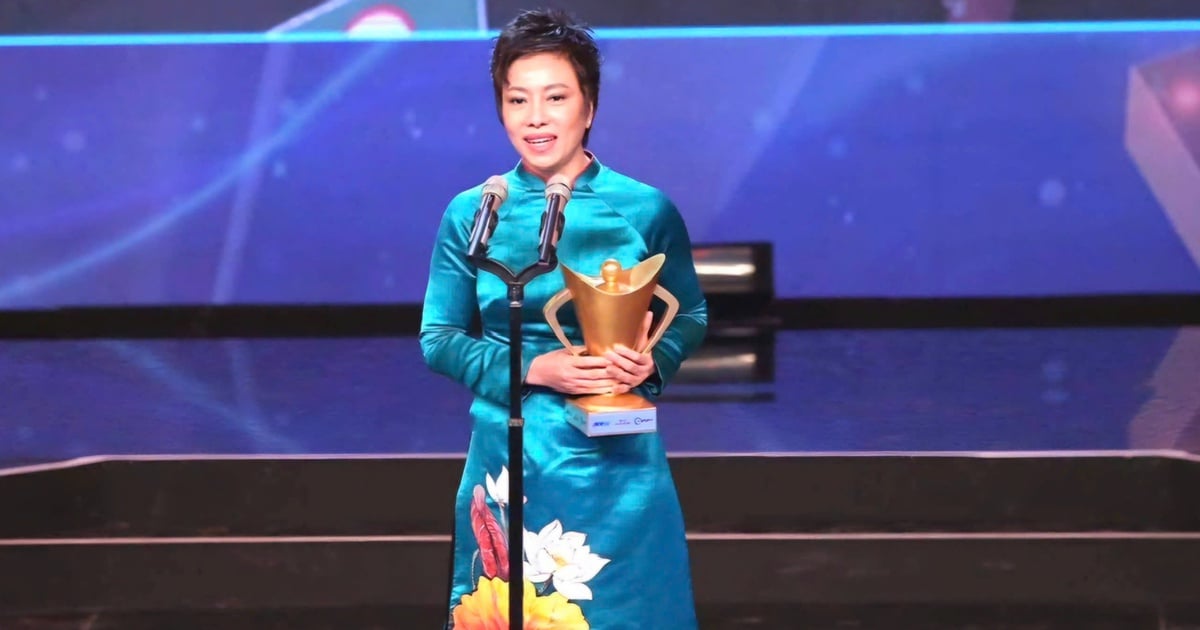

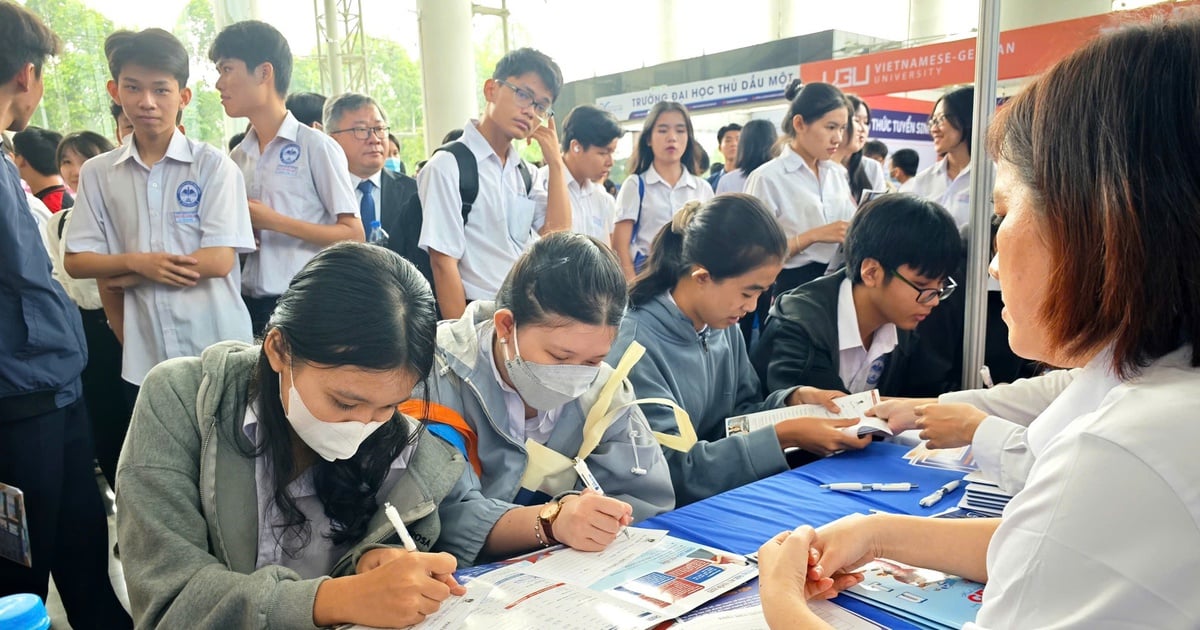














Comment (0)